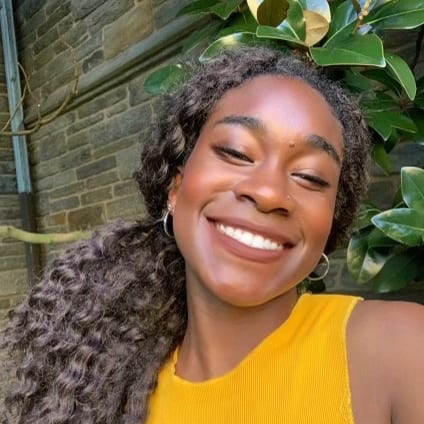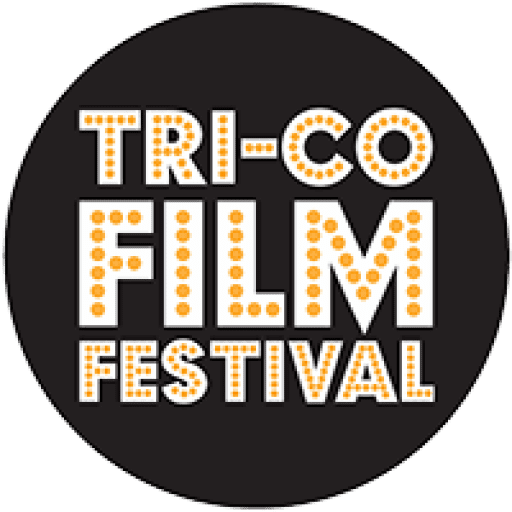
Author: Bria Dinkins
Philadelphia Film Society began screening films at the Navy Yard in the Summer of 2020, months after the COVID-19 pandemic altered everyone’s lives. Programs Director Alex Gibson shared that while the idea for a drive-in theater had been circulating in recent years, it was the pandemic that pushed the small organization into action, enacting their, initially, abstract vision. Typically, PFS shows films at the Roxy Theatre and the Philadelphia Film Center and they have also partnered with communities and other organizations for neighborhood screenings making do with small venue materials. After 28 years of festivals, PFS planned and executed their first hybrid film festival this past fall in which viewers could watch films (and filmmaker Q&As) virtually or experience films at PFS Drive-In at the Navy Yard. Though technically an “in-person” option, the drive-in allows film fanatics a widescreen experience from the comfort of their cars. Unlike traditional drive-ins, the audio track is played through the local radio frequency rather than speakers through the window. A part of the trend of reviving “vintage” practices, it turns out that the drive-in is not just an aesthetic, decade-bending experience; it is also a safe one. Now that people have gotten used to the rhythm of pandemic life, PFS has also settled into its own, continuing to show films at their Navy Yard location, special selections virtually, and diving into creative collaborations with community partners.
Philadelphia Film Society launched the “PFS on Us” program about six years ago when they decided to extend the festival program to span the entirety of the year. “PFS on Us” is an initiative to make film in Philadelphia more accessible for viewers of diverse backgrounds and so the program showed films for free for all to enjoy. According to Gibson, though there has been a history of community screenings, the Drive-In at the Navy Yard has not only become a space to “showcase underrepresented, unheard voices, but a place where other organizations can collaborate remotely, and where people can distance safely.”
As people around and beyond the city begin to get vaccinations and feel optimistic about post-pandemic life, the question about the screening and dissemination of film has incomplete answers. The decline in popularity of mainstream, large theaters which stemmed from the presence of established streaming giants (and desire for convenience) was exacerbated by the pandemic. Though Philadelphia Film Society plans to reopen their theaters eventually, their drive-in and virtual theatre options are showing the power of ingenuity in the face of the unknown. “[The pandemic] made us examine the status quo,” Gibson shared. And in doing that, now the organization, and perhaps many others with similar community scopes, are seeing (and reaping) the benefits of straddling screening and distribution strategies. Without the pandemic, the successful drive-in would not necessarily exist and PFS would not have prioritized virtual screenings. After working through a pandemic for the past year, PFS’s future is quite expansive —and seemingly limitless. In post-pandemic Philadelphia, PFS’s Drive-In may be a seasonal option after in-person theaters re-open, but it also might be an all-year-long affair. Their virtual theater “is also turning out to be something [they are] looking at in the long run.”
By forcing organizations like PFS to reconsider the ways they can engage audiences, the pandemic inadvertently set a new course for the future of arts in general. In thinking about the ways that Philadelphia Film Society figured out how to creatively deliver community programming and films using existing technological tools and new ones, Alex Gibson shared that she was excited about the possibilities for the all-too close (but still elusive) post-pandemic experience, including the potential for expanding viewership. Still cautious about predicting the future, but smiling and energized, she explained how multiple screening options would “add more texture and layers to the viewing experience.” And for large scale favorite events like the annual film festival that draws thousands of viewers and last featured over 100 films, events can be more expansive, special guests like filmmakers and actors may not need to fly in to be part of the experience or to engage viewers through Q&As; networking is not limited to in-person opportunities now that expectations have shifted. Overall, “it broadens options a lot.”
Still, time will tell what the Philadelphia film scene will be like in a few weeks or in a few months. It is exciting to see how PFS is responding to the community. Whether it be monthly community Quizzos hosted on Discord complete with drinking games or the screenings of the Best Picture nominees at the drive-in, PFS is helping to make film screen experiences exciting again—and less lonely—in a time where we have all been so separated.
